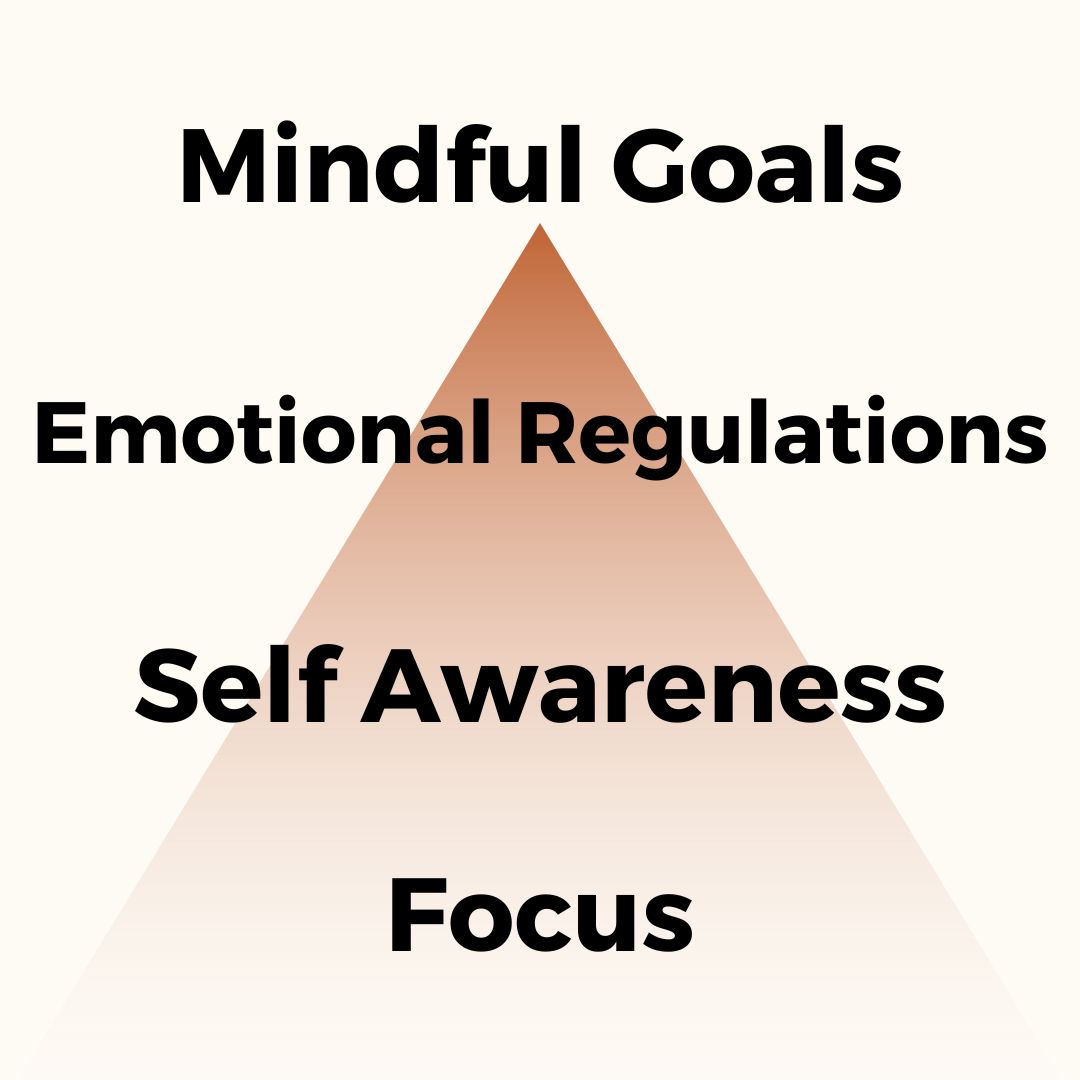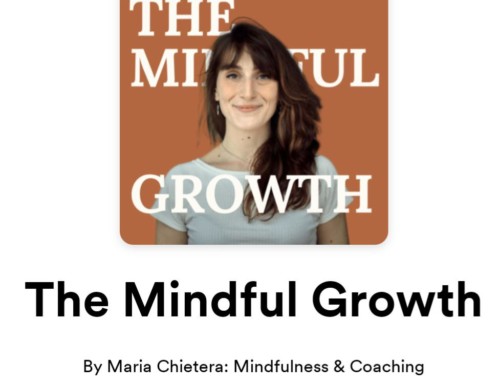Minding Your Goals: How Combining Mindfulness and Coaching Can Boost Your Life
Hey there!
Lately, we all could notice a surge in the popularity of mindfulness and coaching as powerful tools for personal growth, professional development, and overall well-being. These practices have been a game-changer for both my clients and me, and I’m excited to share some insights with you.
Before we dive in, let’s clarify what we mean by mindfulness and coaching. Mindfulness involves being present in the moment, with a non-judgmental awareness of your thoughts, feelings, and surroundings. Coaching, on the other hand, is a collaborative process where a trained professional helps you identify and achieve your goals, overcome obstacles, and make progress towards your desired outcome.
At first glance, these two practices may seem like polar opposites, but I’ve discovered that combining them can be incredibly powerful.
So, what’s the deal with combining mindfulness and coaching? Here are a few reasons:
Develop self-awareness
Have you ever found yourself struggling to figure out what you really want in life? Don’t be shy, I am raising my hand, too!
By tuning in to your emotions and values, it becomes a lot easier to answer those tough questions and make your life so much simpler.
So, we talked about how mindfulness is all about developing a deeper sense of awareness and accepting your thoughts, feelings, and sensations without judgment. This practice helps you become more self-aware and understand your patterns of thinking and behaviour better.
While a coach can certainly help you explore and clarify your goals, having a strong foundation of self-awareness is essential for effective goal-setting and personal growth. By incorporating self-awareness into the process, you can simplify your journey towards achieving your desired outcomes and exclude objectives that are not realistically achievable at a given time.
Work on emotional regulation
Have you ever found yourself in a situation where you couldn’t control your emotions during an argument and ended up in an outburst? Bonus points if it happened at work and in front of your boss.
When we become more aware of our emotional patterns and learn how to navigate them skillfully, we can develop resilience and respond better to stressful situations or crises. This is essential when it comes to making positive changes in our lives.

During the coaching process, uncomfortable emotions may arise, but with emotional regulation skills, we can work through them and stay focused on our goals. This can be the difference between getting stuck in overwhelming thoughts and achieving the goals we set for ourselves.
Focus training
Anyone else out there who finds it hard to stay focused on the same task for more than 2 minutes at a time? I feel you! High five!
When we talk about mindfulness, we often refer to formal practices like meditation. These practices are like going to the gym to train your attention muscle. It’s like exercising the mind to intentionally pay attention to what’s happening right now without judging it. With regular practice, the mind becomes better at staying focused on the present moment and less likely to get distracted by thoughts about the past or future or external distractions.
When we bring this focus and attention to a coaching conversation, we can prioritize our actions and cut out distractions like our own inner chatter or outside noise. This helps us to make tangible progress towards our goals and desired outcomes.
Cool: now we can sit still in silence with self-awareness, focus and successfully navigate our emotional reactions.
What now?
The last piece of the puzzle: coaching can help us bring everything to life and put into practice all the skills and qualities above to make them flourish.
Within a coaching conversation, a coach can help facilitate the process of applying
- self-awareness: getting to know yourself, understanding the goal behind the goal, and setting a realistic and ambitious goal for you to conquer
- emotional regulation: defining in advance how you will deal with setbacks, navigate change, and put into action all those habits that will allow you to build a positive growth mindset
- focus: concentrate on what matters, develop an incremental action plan, build yourself an environment for you to thrive and stay accountable to your commitments
What’s next?
I want to make it clear that there’s no magic solution when it comes to personal growth.
Although mindfulness can significantly enhance the effectiveness of coaching and help bring your skills and qualities to life, progress takes time and effort. This journey can be long, deep, and rewarding.
If you’re considering starting this journey, I strongly recommend seeking guidance from a trained professional and approaching the process with an open mind and heart.
If you’re interested in learning more, I invite you to check out my article on “Five Ways Personal Coaching Can Help You Achieve Your Goals”.
Additionally, I offer a free coaching workbook that provides a glimpse into what it’s like to begin a coaching journey.
Thank you for reading.
With love,
Maria




